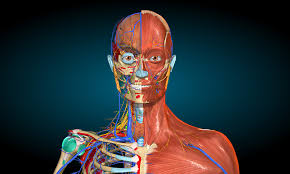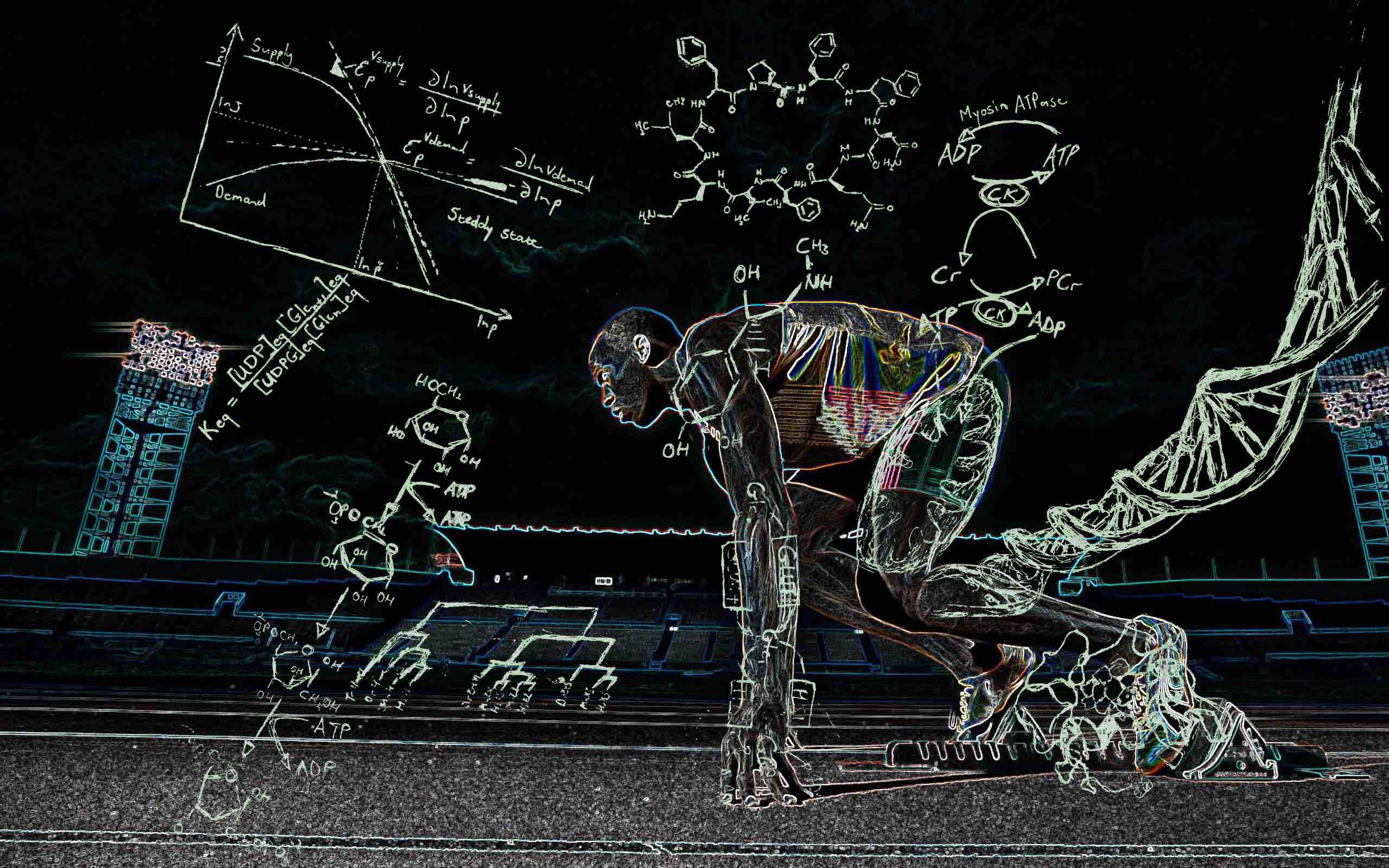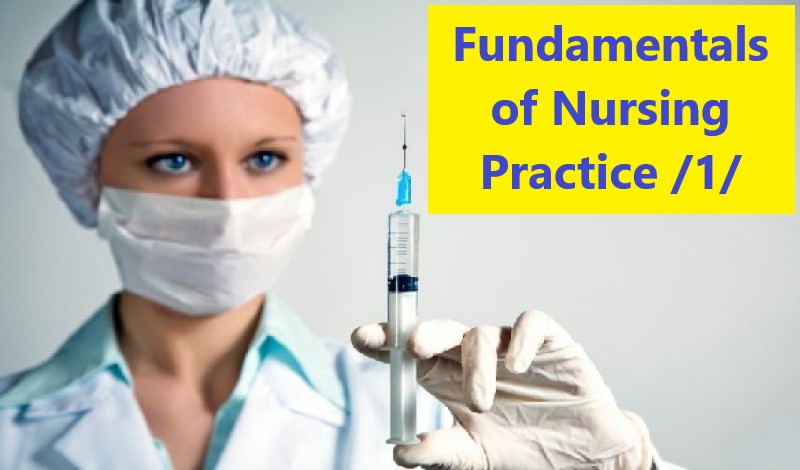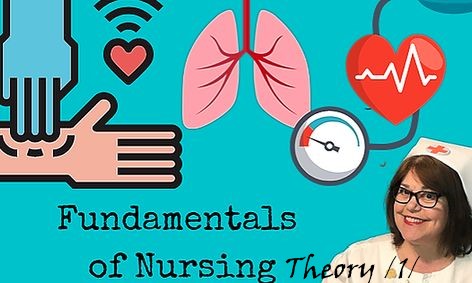
Anatomy for Nurses Practice
- Cardiovascular system - the system that distributes blood throughout the human body
- Circulatory system - the system that takes nutrients and other objects to and from cells to maintain homeostasis, includes both the cardiovascular system and the lymphatic system
- Digestive system - the system that processes food and extracts nutrients
- Human anatomy - the study of the form of the human body
- Musculoskeletal system - the organ system that provides stability, support, form and movement to the body
- Nervous system - the organ system containing a network of cells that sends communication throughout the body
- Respiratory system - the system which introduces respiratory gases to the organism and performs gas exchange
- Urogenital system - also known as the genitourinary system, the organ system of the urinary system and the reproductive organs

Anatomy for Nurses Theory
The job of the circulatory system is to move blood, nutrients, oxygen, carbon dioxide, and hormones, around the body. It consists of the heart, blood, blood vessels,arteries and veins.
The digestive system consists of a series of connected organs that together, allow the body to break down and absorb food, and remove waste. It includes the mouth, esophagus, stomach, small intestine, large intestine, rectum, and anus. The liver and pancreas also play a role in the digestive system because they produce digestive juices.
The endocrine system consists of eight major glands that secrete hormones into the blood. These hormones, in turn, travel to different tissues and regulate various bodily functions, such as metabolism, growth and sexual function

Biochemistry Theory
The biochemical studies introduce students to the fundamental Concepts compounds of biochemistry. The students look at both structure and role of abnormal carbohydrate, Lipids, Fattyacids, Amino acids, protain, Enzymes with disease. They also acquire the basic skill necessary for medical laboratory analysis and operating, maintaining, and cleaning laboratory equipments.
Course Goals:
After successfully completion of the course the students will be able to:
· Define nutrients, properties, and classification.
· Illustrate biochemical changes of nutrients and its metabolic pathway in human body.
· Realize some important body constituents and their chemical changes in the laboratory.
· Differentiate the biochemical functions of different human organs in normal and abnormal conditions.
· Understand the human biochemical reactions in normal situation and in case of diseases.
· Use laboratory methods for monitoring biochemical reactions in biological samples.
· Handle the laboratory equipment properly.

Codes of Ethics
- the Nursing Code of Ethics is a guide for “carrying out nursing responsibilities in a manner consistent with quality in nursing care and the ethical obligations of the profession.” Ethics, in general, are the moral principles that dictate how a person will conduct themselves. Ethical values are essential for ALL healthcare workers, especially nurses.
- General Objectives: Define of Ethics and Ethical Principles, Know International Nursing code (I N C), List the ethical Guidelines of Nursing, Know general Principles of Communications with patients, Deal effectively with patients, their families and the health care team, Know Patient’s Bill of Rights and Nursing Rights...etc.

Computer Science /1/
In this course, the basics of computers are explained so that the student knows how to deal with the computer and the most important characteristic of computers. The following are also studied:
1- Computer fundamentals
2 - Computer components
3- Computer safety and software licenses
4- Operating systems

Fundamentals of Nursing /1/ Practice
This course is:
designed to provide nursing students with the necessary skills and attitudes based on theoretical knowledge to demonstrate the basic nursing care procedures for patient’s care. It provides them with a non-threatening environment in which they apply knowledge and basic practices of nursing skills accurately and safely through demonstration and return demonstration in a simulated nursing laboratory.

Fundamentals of Nursing /1/ Theory
This course serves as:
a base for other nursing courses. It is designed to provide the nursing students with the basic nursing concepts
and principles needed for practicing nursing. The course
emphasizes the nature of the client’s needs and interventions required for utilizing the patterns of
functional health.

practical biochemistry
biochemistry is the study of the chemical processes that drive biological systems. This course explores the basic principles of biochemistry and develops the student’s appreciation and understanding of biological networks.